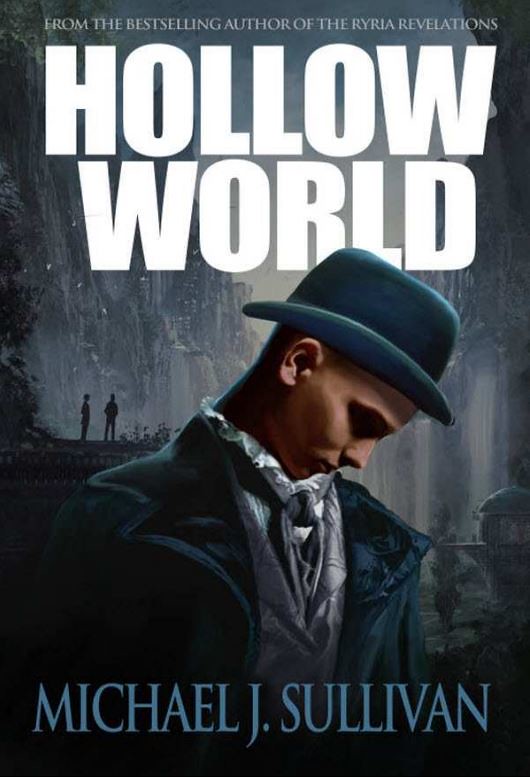 When I complete work on a project, I store a file box copy of the marked up manuscript (and yes, I still work on hardcopy) until I have a physical copy of the published book in hand. Up to that point, the author and/or the publisher may have a question or issue with one or more of my edits and, if necessary, I can refer back to the marked up manuscript. However, once I have a copy of the published book, any question or issue at that point is moot, and I will then recycle my copy of the marked up manuscript. The only exception to this would be if the book were part of a series -- and I plan to (or at least hope to be able to) work on subsequent volumes. I then retain the marked up manuscript for reference in my commitment to maintain consistency throughout the entire series.
When I complete work on a project, I store a file box copy of the marked up manuscript (and yes, I still work on hardcopy) until I have a physical copy of the published book in hand. Up to that point, the author and/or the publisher may have a question or issue with one or more of my edits and, if necessary, I can refer back to the marked up manuscript. However, once I have a copy of the published book, any question or issue at that point is moot, and I will then recycle my copy of the marked up manuscript. The only exception to this would be if the book were part of a series -- and I plan to (or at least hope to be able to) work on subsequent volumes. I then retain the marked up manuscript for reference in my commitment to maintain consistency throughout the entire series.
So a while back I was going through stacks (and I mean stacks -- I work on a lot of series!) of manuscript boxes and I came upon the marked up manuscript for Hollow World by Michael J. Sullivan.
by Michael J. Sullivan.
I recalled a dinner meeting with Jacob and Rina Weisman, of Tachyon Publications, on Saturday, July 6, 2013, while attending Westercon 66 in Sacramento. It was during this dinner meeting that Jacob brought me up to speed on the forthcoming Hollow World project. So I checked my notes/invoice and found that I had completed work on this 385-page, 107,000-word novel in October 2013. I then checked the book's pub date on Amazon.com: April 15, 2014 -- and here it is a year later!
Since Tachyon Publications has never not sent me a comp copy of a book I worked on, the book must have been lost in transit -- and being busy with project after project, and stacks, as I said, of manuscript boxes -- I hadn't realized that I never received a copy of the published book, until recently. So I sent off an email to Tachyon requesting a copy of Hollow World...and the book is now in hand.
Hollow World is a time travel novel -- but it is not a novel about the science of time travel. In fact, as Sullivan states in his Author's Note at the beginning of the book:
The author goes on to state in his Author's Note:In the classic The Time Machine, H. G. Wells's high-tech explanation for how his device was able to skip through years was: "Now I want you to clearly understand that this lever, being pressed over, sends the machine gliding into the future, and this other reverses the motion." That's pretty much the extent of his hard science. Of course his story, while named The Time Machine, really wasn't so much about the machine or the science behind it, but rather speculations on the future of mankind.
So is Hollow World.
I did research into time-travel theory, and I drew inspiration from a handful of sources, most notably Time Travel in Einstein's Universe: The Physical Possibilities of Travel Through Time by renowned astrophysicist J. Richard Gott. Mr. Gott provided a plausible explanation for how a stationary object could move significantly forward in time by overcoming the g-force restriction of linear travel by moving interdimensionally.... That's the theory, but as I said, time travel of the sort required for this story isn't possible—at least not in an urban garage.... I felt providing a good reading experience superseded an adherence to strict probability.
So, if Hollow World isn't about the science of time travel, then what is the story about? Here's an excerpt from a fairly lengthy review by N. E. White on SFFWorld.com:
Hollow World begins with Ellis Rogers being told he is going to die of idiopathic pulmonary fibrosis and he laughs. No, he's not a crazy old man. He just knows something his doctor doesn't: he's got a time machine sitting in his garage. Thus begins Ellis' journey into a future that is both frightening (to him) and awesome (in the true sense of that word)....While the story in Hollow World may seem deceptively simple and some may find Ellis naive in his attitudes towards sexual alternatives and deities, Mr. Sullivan has painted very realistic characters. Characters that ring so true, they reminded me of colleagues and neighbors who abhor the very idea of tolerating an open society, let alone living in a world where the very morals they uphold simply wouldn't make sense. With surprisingly familiar, clear, and poignant (sometimes even funny) language, Mr. Sullivan shows us a world where many of the problems we face today have been eliminated – showing the absurdity of our views. But he also shows us why we hold those views so closely to our hearts.

No comments:
Post a Comment